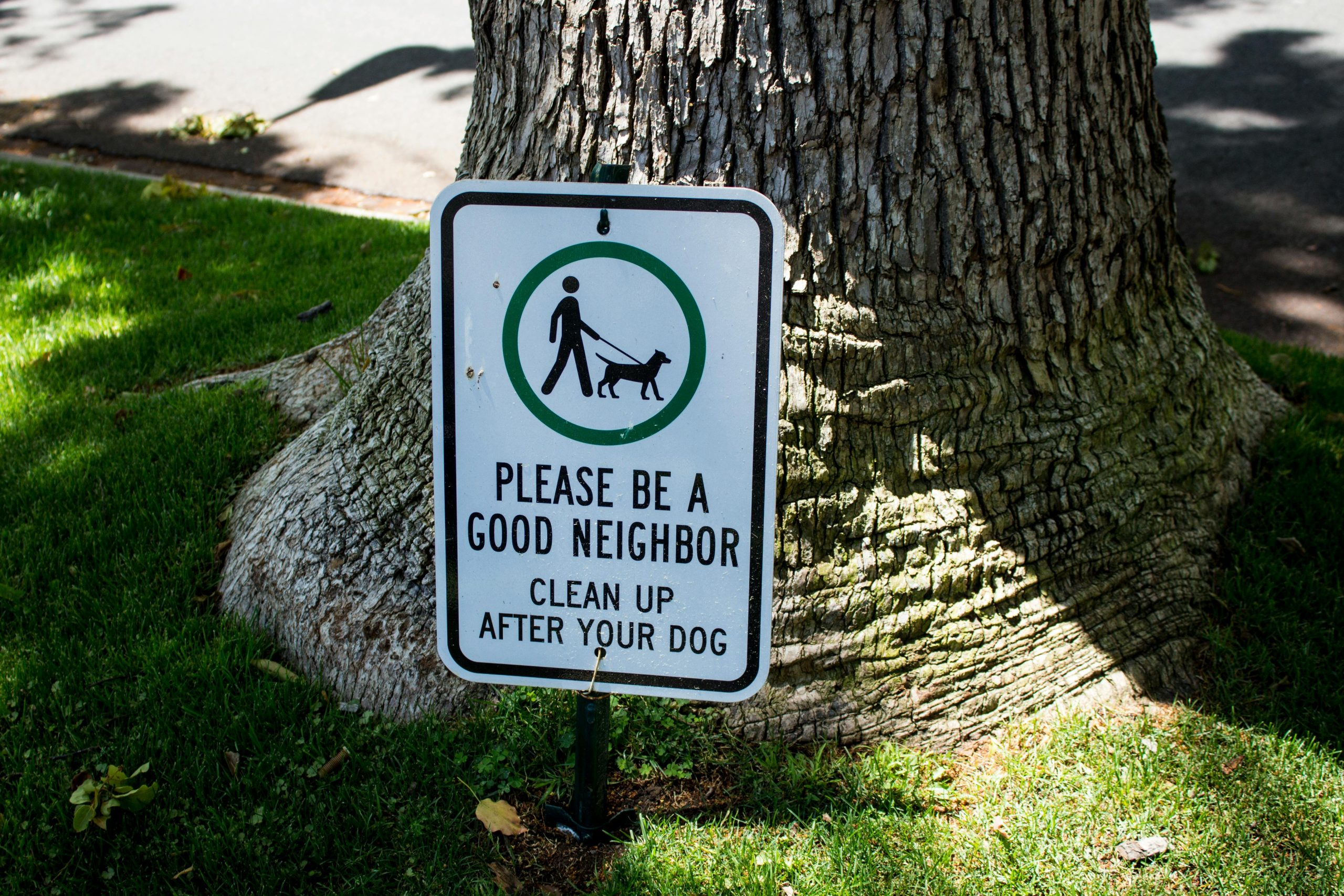Is anyone else observing this phenomenon? The bizarre surge of “robotic” comments on YouTube and Instagram suggests we’re seeing a large-scale, public AI training effort in action.
Understanding the Surge of Bot-Like Comments on Social Media Platforms
In recent months, a noticeable pattern has emerged across popular content-sharing platforms such as YouTube and Instagram. Many users and observers have observed an influx of comments that seem eerily uniform: emojis, generic praise, or overly positive remarks like “Wow, amazing!” or “So adorable!” These comments often appear grammatically perfect, devoid of personal touch, and serve little purpose beyond filler.
This phenomenon raises an intriguing question: Could these automated comments be part of a larger, covert operation to train artificial intelligence models?
The hypothesis suggests that these seemingly trivial interactions might serve as an extensive, real-time training ground for developing conversational AI. By analyzing these comments—how often they’re liked or flagged—AI systems could be learning the subtle nuances of human interaction online. Essentially, these bot-like remarks could be facilitating machine learning algorithms to grasp the basics of social engagement in digital environments, a sort of low-level Turing-Test training in a live setting.
So, who stands behind this phenomenon, and what might their intentions be?
On one hand, it’s plausible that major technology companies like Google, Meta, or other social media giants are leveraging their platforms to advance AI capabilities—training models for more sophisticated virtual assistants, customer service bots, or content moderation tools.
On the other hand, there exists the possibility of more shadowy motives. State-sponsored actors or malicious entities might be deploying these bots to develop more convincing disinformation campaigns, automate astroturfing efforts, or manipulate public discourse.
The truth remains elusive, and we may unwittingly be co-conspirators in providing vital training data for these evolving AI systems.
In essence: Those seemingly “mindless” comments may be more strategic than they appear. They could be part of a vast, ongoing effort to make AI-generated interactions indistinguishable from real human engagement—or worse, tools for manipulation and influence in digital spaces.
Have you noticed this trend? What are your thoughts—are we witnessing beneficial AI development, or are there more concerning implications at play?














Post Comment